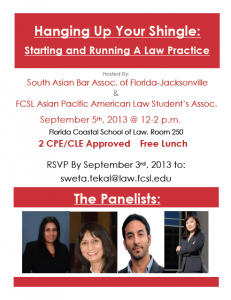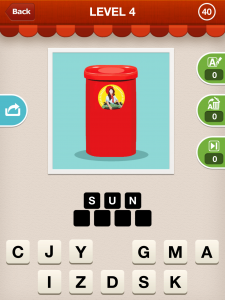
Can you benefit from preserving the relationship, or having a better relationship, with the other party? In the first part of this topical discussion on the Yau Law blog, I addressed how negotiating can ultimately lead to a successful ending for all parties involved in litigation (or potential litigation). But, the common problem that most litigants face is getting to square one: considering negotiating with the other party. It is true that most litigants seeking for legal representation want what is best for themselves, and feeling wronged, desire to be vindicated. But, what these litigants do not see is that negotiations may potentially lead to better results.
Take for instance, a divorce. With emotions running high, the husband and wife may want nothing to do with each other after separation. When the issues are highly contested, the parties may not want to mediate, much less negotiate. However, negotiating with the other party for a mutually agreeable outcome may not only avoid additional costly hearings at the court house, but the parties may actually have a better time communicating. Can a husband and wife benefit from having a better relationship with each other through negotiations? Absolutely–particularly if children are involved. I have seen parties negotiate during the divorce proceeding and because of the friendly disposition of the case, both parties were more lenient with the other parent’s requests for child care, custody, and visitation. In the end, not only did the parents have a better relationship with the children, but the children avoided from being in the middle of constant disagreements.
Now, compare the previous outcome with going to court. Attorneys will charge costly hourly rates to write motions, attend hearings, conduct discovery for evidence, and much more. If the parties to a divorce case can negotiate and agree to an outcome without having to attend hearings, then the parties could save themselves hundreds, possibly even thousands, of dollars in legal fees.
Consider two businesses in an intellectual property dispute. One company owns a registered trademark, and another company offers goods and services using a mark that is confusingly similar to (or the same as) the registered owner’s. Receiving a cease and desist letter from another company can be frustrating, especially if you feel that you own the rights to the mark. Could a company benefit from having a better relationship with the trademark owner through negotiations? Absolutely. Taking the dispute aside, remember that these companies are also businesses. An opportunity that most litigants overlook is the possibility of licensing. The registered owner may desire to offer licensing opportunities to the other company, and the other company may see the benefit of paying royalty fees to continue doing business as opposed to completely shutting down or re-branding. In any event, negotiating for a better outcome is far better than moving forward with litigation.
But what if the other company desired to take the case to court? In this case, both parties can find themselves spending thousands, possibly even tens of thousands of dollars, in legal fees. A registered owner of a mark will certainly have perfected his/her rights on that mark over someone who has not registered the mark. It may be a losing case for the non-registered owner.
Every person can benefit from negotiating with the other party. At the Yau Law Firm, we are experienced in negotiating for a better outcome. We know the legal concerns of all parties, and we certainly take the heat out of the discussions so as to encourage friendlier relationships.
If you want to know whether you can benefit from having a better relationship with another party, feel free to contact us today!
Stay tuned for the next topic: Does litigation cost more than the possible monetary relief you may get at the end of the case?
Article by Florence Chen Monauer
Filed under: Civil Litigation, Copyrights, Corporate Law, Family Law, General by Yau Jo-Anne Friday, August 9th, 2013
No Comments »






